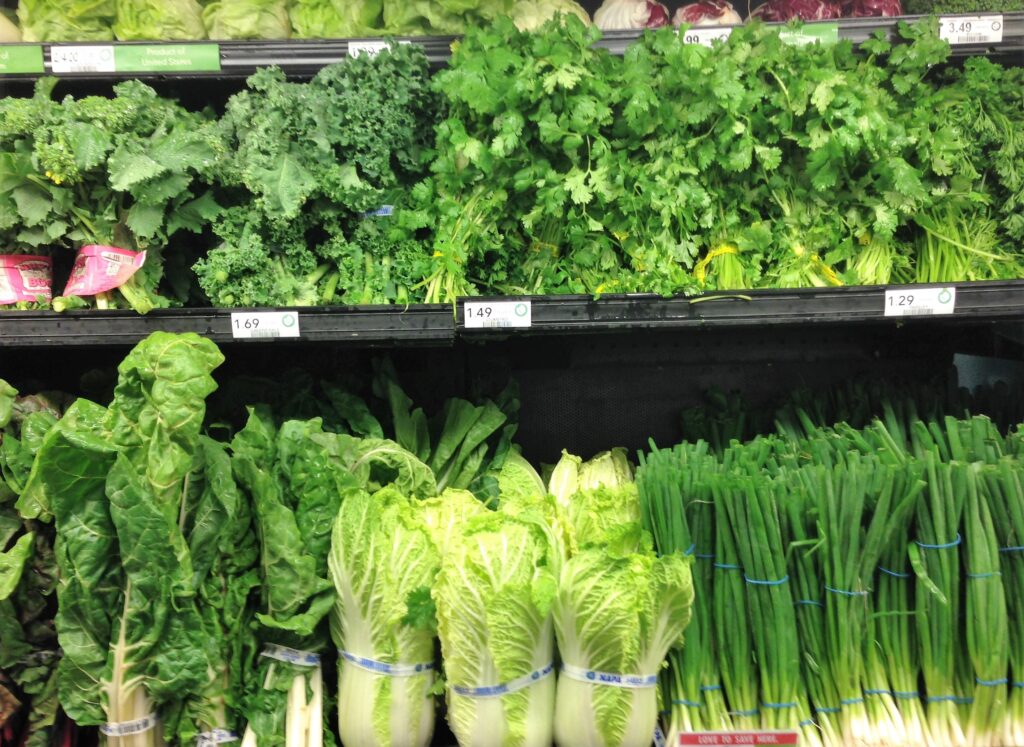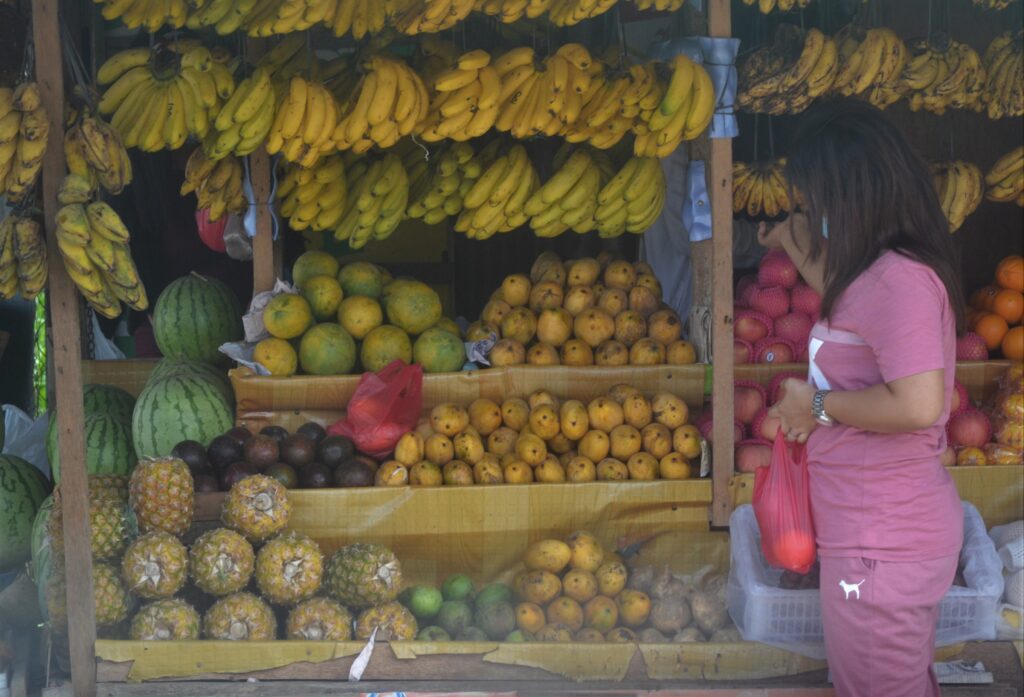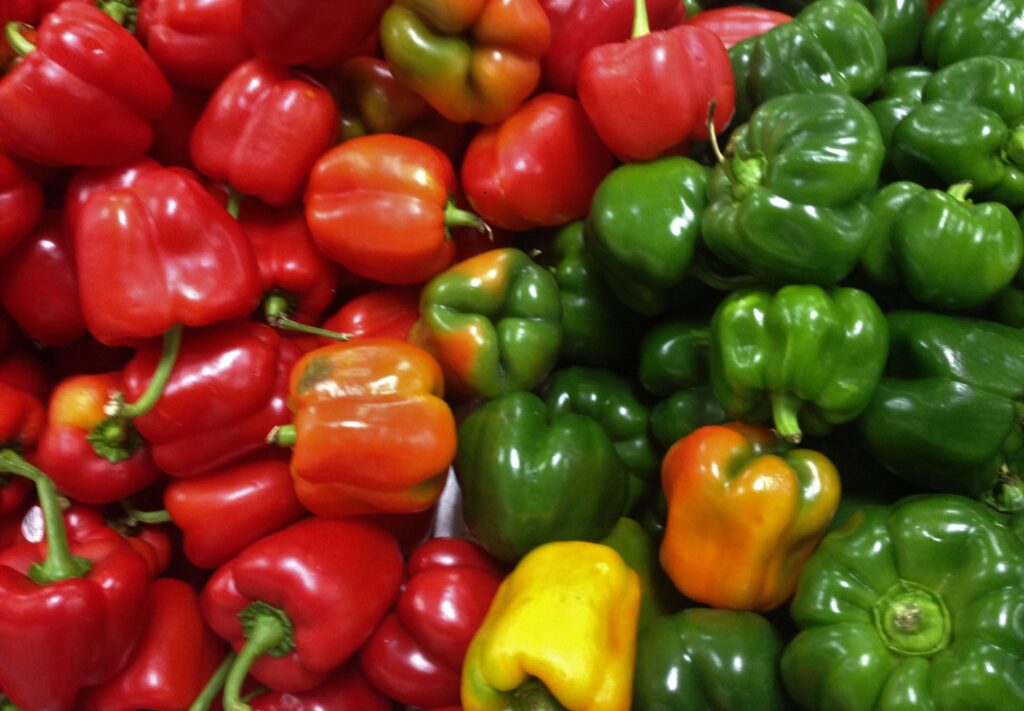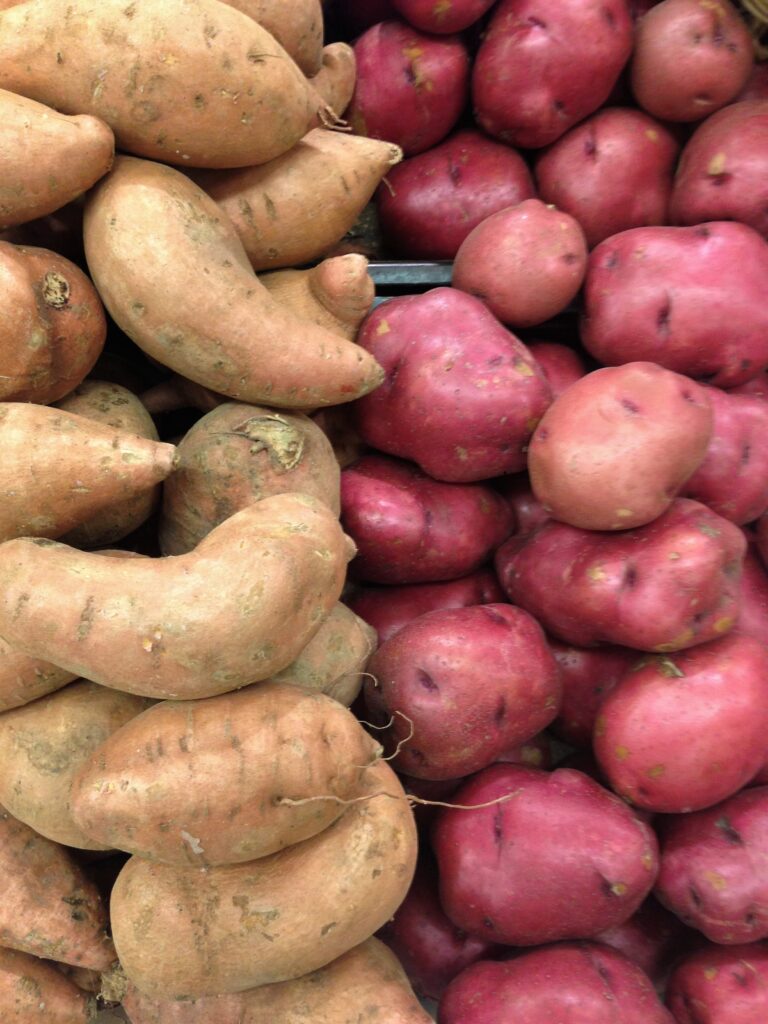Text and Photos by Henrylito D. Tacio
When the coronavirus disease 2019 (COVID-19) hit the country, medical science urged Filipinos to strengthen their immune system – aside from observing the necessary health protocols (handwashing, physical distancing, wearing face mask and face shield).
Organs, cells, tissues, and proteins comprise the immune system. “Together, these carry out bodily processes that fight off pathogens, which are the viruses, bacteria, and foreign bodies that cause infection or disease,” explains Lana Burgess of Medical News Today.
“When the immune system comes into contact with a pathogen, it triggers an immune response,” Burgess continues. “The immune system releases antibodies, which attach to antigens on the pathogens and kill them.”
The body’s immune system does a remarkable job of defending a person against disease-causing organisms. But sometimes it fails, and so the person gets sick. Thus, in times of disease outbreak, doctors advise people to boost their immune system by improving their diet and taking certain vitamins.
“What we eat is really central to our overall health, and that includes the immune system,” Janine Souffront, an American registered dietitian of Health Education for L.A. Care Health Plan, told insider.com. “While there is not one food or supplement that can straight-on prevent illness, you can support your immune system by including foods with nutrients that play a role in tissue health and integrity.”

“Feeding your body certain foods may help keep your immune system strong,” agrees James Schend in a medically reviewed healthline.com’s feature.
As the country celebrates the Christmas season, it might as well necessary to include these powerful immune system boosters in your daily meal:
Citrus fruits: Vitamin C helps build the body’s immune system; thus, citrus fruits top the list. “Vitamin C is thought to increase the production of white blood cells, which are key to fighting infections,” Schend writes, adding that all citrus fruits are high in vitamin C.

Among the most popular citrus fruits are grapefruit, oranges, tangerines, lemons, and limes. “Because your body doesn’t produce or store it, you need daily vitamin C for continued health,” Schend states.
Sweet pepper: In the April 2020 issue of the European Journal of Clinical Nutrition, sweet pepper is included as part of a healthy quarantine diet because of its content of vitamin A and C. “Besides boosting your immune system, vitamin C may help you maintain healthy skin,” Schend writes. “Beta carotene helps keep your eyes and skin healthy.”

Broccoli: This green vegetable is supercharged with vitamins and minerals: vitamins A, C, and E, as well as fiber and many other antioxidants. One cup of broccoli provides as much as vitamin C as an orange. “The key to keeping its power intact is to cook it as little as possible – or better yet, not at all. Research has shown that steaming is the best way to keep more nutrients in the food,” Schend writes.
Garlic: Even during Biblical times, garlic is already known for its healing powers due to its antibacterial, antiviral, and antifungal properties. “Garlic’s immune-boosting properties seem to come from a heavy concentration of sulfur-containing compounds, such as allicin,” Schend writes.
Ginger: When COVID-19 was first reported, this was on top of the list. The International Journal of Preventive Medicine reported a 2013 study that found ginger helps support the immune system. “Ginger may help decrease inflammation, which can help reduce a sore throat and inflammatory illnesses,” Schend writes. “Ginger may help with nausea as well.”
Papaya: This is another fruit rich in vitamin C, as well as decent amounts of potassium, magnesium, and folate. “You can find double the daily recommended amount of vitamin C in a single medium fruit,” Schend writes. “Papayas also have a digestive enzyme called papain that has inflammatory effects.
Sweet potato: One medium sweet potato packs 30% of the daily value of vitamin C and a whopping 120% of the daily value of beta carotene. “Beta carotene can reduce inflammation and boost immune function by increasing disease-fighting cells in the body,” states the Physicians Committee for Responsible Medicine.

Watermelon: This is an immune-boosting fruit. “One 2-cup serving of watermelon has 270 milligrams of potassium, 30% of the daily value of vitamin A, and 25% of the value of vitamin C,” notes onhealth.com. “Watermelon also provides vitamin B6 and glutathione.”
Eating right is a great start, but there are other things you can do to strengthen your immune system. “Your first line of defense is to choose a healthy lifestyle,” Harvard University points out. “Following general good-health guidelines toward naturally keeping your immune system strong and healthy. Every part of your body, including your immune system, functions better when protected from environmental assaults and bolstered by healthy-living strategies.”
The Harvard University recommends these healthy-living strategies:
· Don’t smoke.
· Eat a diet high in fruits and vegetables.
· Exercise regularly.
· Maintain a healthy weight.
· If you drink alcohol, drink only in moderation.
· Get adequate sleep.
· Take steps to avoid infection, such as washing your hands frequently and cooking meats thoroughly.
· Try to minimize stress.

